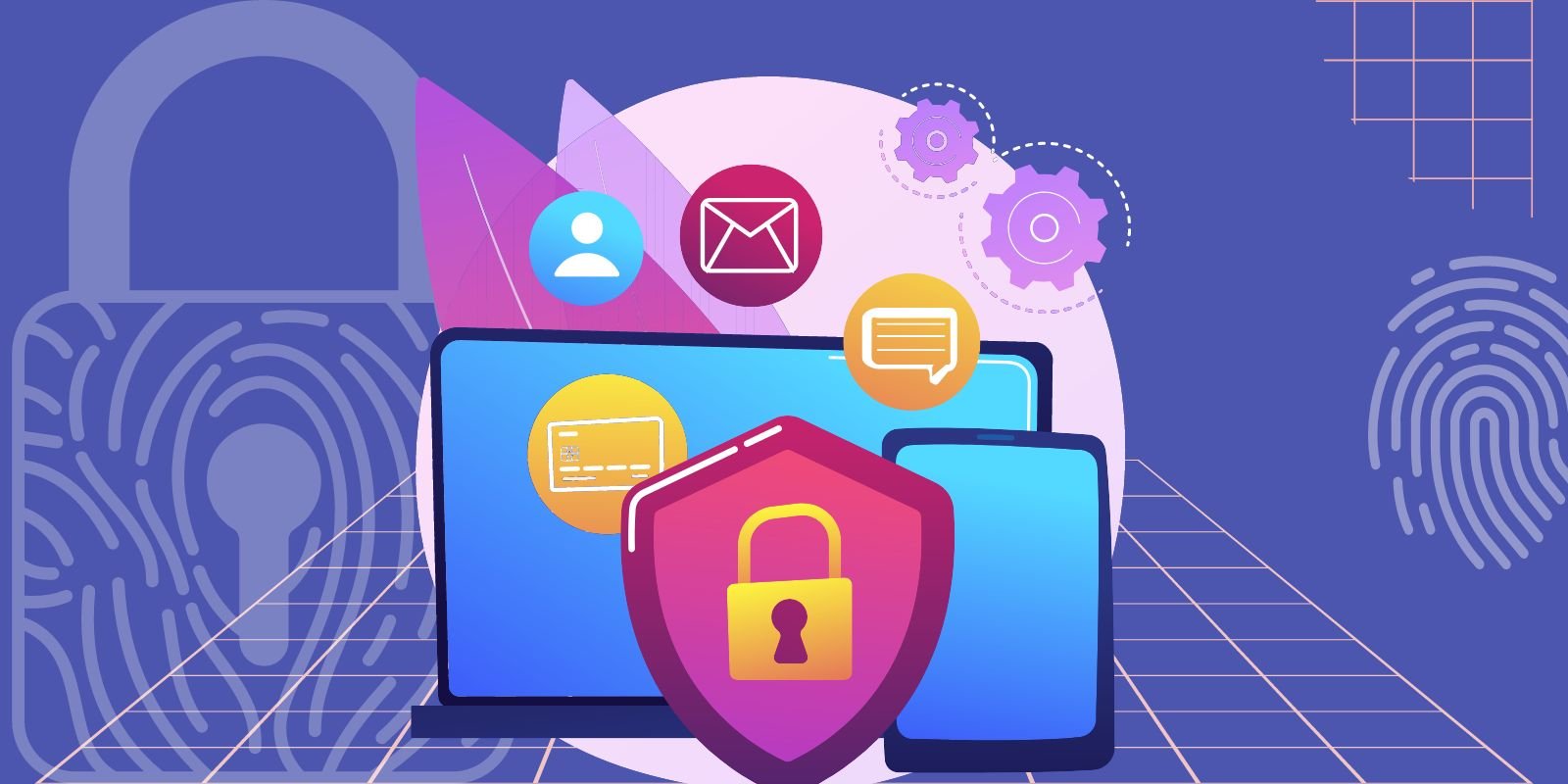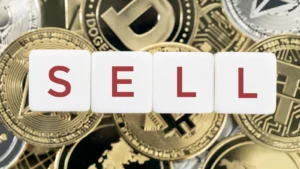In a world where digital identities are vulnerable to theft and fraud, there is a need for a more secure way to identify people and transactions. Enter: decentralized identity in the blockchain. How does it work? Blockchain technology uses cryptographic hashes and public/private key pairs to create an identity that is secure and difficult to fake. In a decentralized identity system, the user is in control of their data, and no third party can access or change it without their permission. The benefits of decentralized identity include increased privacy, security, and control for the user. For businesses, it means reduced costs and improved efficiency. Ready to learn more? Keep reading for a closer look at decentralized identity in the blockchain.
What Is Decentralized Identity?
You may have heard the term “decentralized identity” floating around lately, but what exactly does it mean? In short, it’s an identity management system that doesn’t rely on a central authority. In the traditional identity management system, your identity is held by a centralized authority, like a government body or social media platform. This authority is responsible for issuing and managing your identity credentials, like your passport or social media account. If you want to prove your identity, you have to go through this authority. With a decentralized identity, your identity is spread across multiple providers. There is no single central authority holding your information. This makes it more secure, as there is no one point of failure. It also gives you more control over your information, as you can choose which providers you want to work with. Decentralized identity, or DID for short, is the notion of using blockchain technology to have a personal identifier contained within an individual’s blockchain wallet. The identifier serves as a method to verify your identity without a centralized authority like a credit agency or other 3rd party verification company.
How Does the Blockchain Power Decentralized Identity?
When you think of blockchain, you may think of cryptocurrencies like Bitcoin. But the blockchain is so much more than that. It’s a distributed database that allows for the secure authentication and verification of digital transactions. Decentralized identity is a way to manage your worldwide ID in the public blockchain. Individuals will be able to control their identity with the help of blockchain without the possibility of subversion, while they’re in full control over their data, as well as reshaping this data according to their will. Over the past several years, there has been a surge of interest in proving your identity over the internet without going through a central authority. The most popular solution at the moment is blockchain-based ID systems. Blockchain-based IDs are built around the idea that users can prove that they are who they say they are using cryptographic techniques, rather than having to trust any specific authority to confirm their identity. The neat thing about this is that it works over the internet, so it doesn’t matter if you’re connecting from your house to buy Bitcoin or any other cryptocurrency for that matter, or a cafe halfway around the world. This makes it the perfect technology for powering decentralized identity. With blockchain-based decentralized identity, there is no need for third-party authorization or verification. The blockchain provides a permanent, tamper-proof record of all transactions, which can be used to securely and confidently identify users online.
Why Does Decentralized Identity Matter?
Decentralized identity is crucial because it provides a secure, private way of sharing and verifying personal data. It also acts as an audit trail to ensure that no malicious actors can access the data or tamper with it in any way. This means that both individuals and organizations can trust that the data they are exchanging is accurate, up-to-date, and reliable. As a result, decentralized identity opens up a world of possibilities for individuals and businesses alike. With it, people can control their digital identities in a secure way, and businesses can benefit from increased transparency when conducting business with customers or partners. It also helps to create an environment of trust between parties on the blockchain by ensuring the accuracy and security of data during transactions. Plus, since it’s recorded in a decentralized manner, users have greater control over who has access to their personal information without compromising security or privacy.
Benefits of Using a Decentralized Identity in the Blockchain
When it comes to online security, there’s no one-size-fits-all solution. You need to employ different tactics to keep your data safe depending on the platform you’re using and the level of security you need. That’s where decentralized identity comes in. A decentralized identity is an identity that isn’t tied to a specific platform or provider. It lives on the blockchain, and because the blockchain is decentralized, your data is safe from prying eyes.
Privacy
Decentralized identity allows users across the blockchain to store their own data in a way that is completely free from third-party interference. A centralized identity management system has always been a problem. A person who wants to prove his identity has to surrender personal information to third parties. This is not only a security risk but also an invasion of privacy.
Provides Control
Plus, a decentralized identity gives you more control over your data. You can share as much or as little information as you want, and you can be sure that it won’t be disclosed without your permission. This is a big benefit for businesses, which can use a decentralized identity to authenticate their customers without having to store their personal information.
Supports Digital Currencies
The original goal for the blockchain and cryptocurrencies was to support digital money like Bitcoin or Ethereum. Some people argue that Bitcoin and the blockchain aren’t capable of supporting identity, but the opposite is true: digital identity on the blockchain is necessary for digital money to work.
Lower Transaction Cost
Finally, using a decentralized identity can help reduce the cost of verifying user identities, as the data is already stored on the blockchain and does not need to be verified by a third party. Research by Deloitte has found that by 2030, it could save the world economy over $100 billion a year in cost savings.
Best Practices for Setting Up a Decentralized Identity
When setting up a decentralized identity, you want to make sure that you’re following best practices.
- First, you want to make sure that your identity is actually stored on the blockchain—some blockchains may not have this feature, so it’s important to double-check.
- Second, it’s important to keep in mind the rules and regulations of your country when setting up a decentralized identity. Different countries have different laws and regulations regarding data protection, privacy, and anonymity so it’s important to make sure you understand what is and is not allowed in each jurisdiction.
- Next, it’s also a good practice to be selective about what information you share and with whom you share it. You can use encryption techniques like Zero-Knowledge Proofs (ZKPs) to ensure that only the people who need access are able to get access while keeping all other information secure.
- Finally, it’s essential that you keep your decentralized identity secure and store your credential wallet securely. You should also consider using two-factor authentication (2FA) when accessing services, as an additional layer of security.
Challenges of Using a Decentralized Identity
While a decentralized identity has the potential to completely revolutionize how we interact with the digital world and how we secure our information, there are still many challenges that need to be addressed before widespread adoption. One of the biggest issues is privacy; because all the data is stored on a public ledger, anyone with access to the blockchain can view all of your data. You can protect your data by encrypting it, but this brings its own set of challenges in terms of security and scalability. In addition, there is a high level of complexity involved in setting up and using a decentralized identity system. The technology is still relatively new and many users may not have the necessary skill set to understand it or be able to use it effectively. As such, there needs to be more education and awareness about decentralized identity systems so that more people can understand and take advantage of them. Furthermore, organizations will need to invest in proper access controls and administrative processes if they are to adopt this technology.
The Future of Decentralized Identity in the Blockchain
Blockchain technology is evolving rapidly and distributed ledger technology (DLT) is increasingly being adopted for use in numerous industries. This means that decentralized identity solutions will become more common in the future even when you want to buy or sell Bitcoins or other crypto coins. With the rise of decentralized networks, it’s possible that digital identity authentication could be managed through a distributed network of computers instead of a centralized system. In addition, new technologies like smart contracts and zero-knowledge proofs can be used to securely store and exchange sensitive data associated with an individual’s identity. Smart contracts are self-executing programs that are stored on the blockchain, while zero-knowledge proofs are mathematical algorithms that allow two parties to verify each other’s credentials without revealing any private information. The combination of these two technologies will make it far easier for individuals to securely store and share their personal information in a decentralized system. So, that’s how decentralized identity in blockchain works. By creating a decentralized infrastructure for identity, we can create a more secure, private, and user-friendly way to store and manage our personal data. And, by using blockchain technology, we can ensure that this data is tamper-proof and unforgeable.







